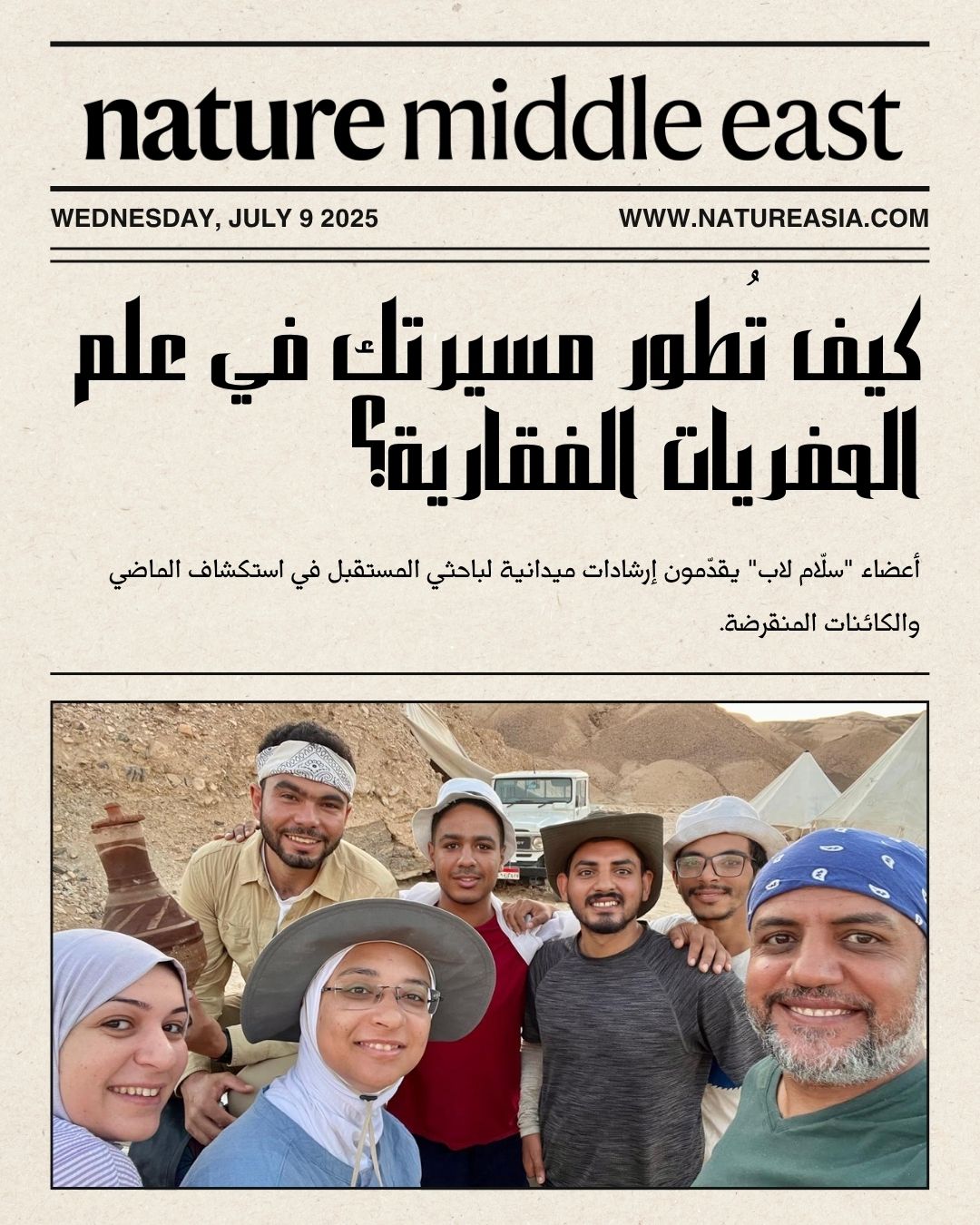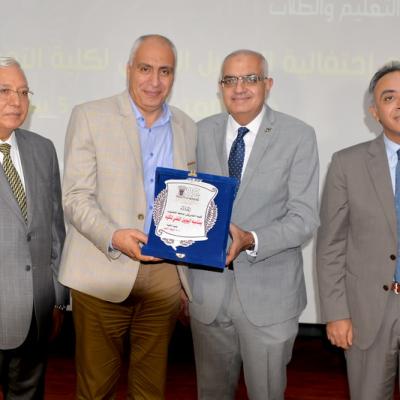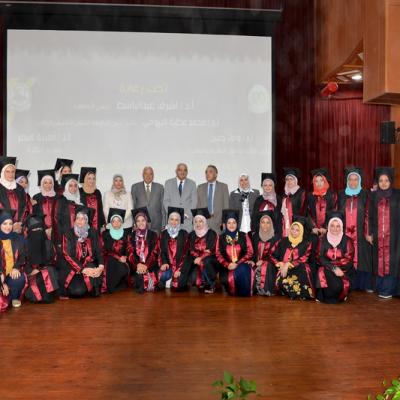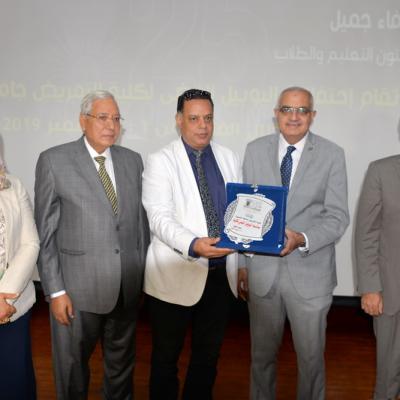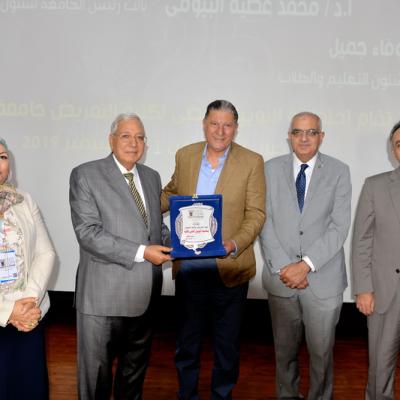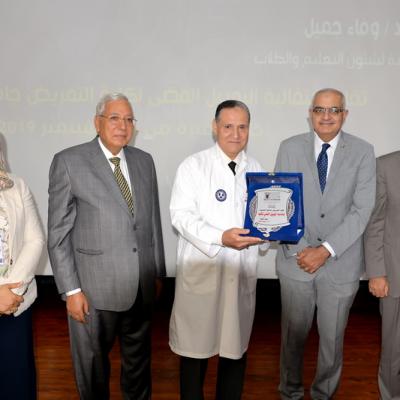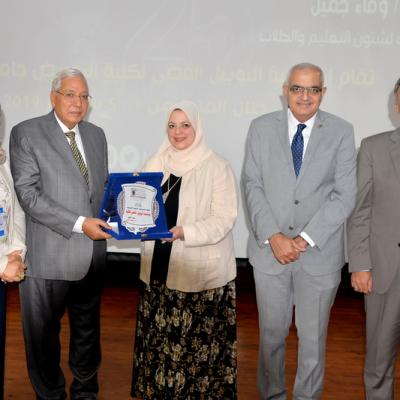In a new international recognition that adds to Mansoura University’s distinguished track record, Nature Middle East has published a special feature highlighting the pioneering role of the Sallam Lab at Mansoura University in the field of vertebrate paleontology. The article praises the efforts of the research team, led by Dr. Hesham Sallam, in uncovering the secrets of prehistoric life across the Middle East and North Africa.
In the report, titled "How to Build a Career in Vertebrate Paleontology?", the magazine spotlighted the contributions of Sallam Lab in bridging major knowledge gaps about ancient life on the African continent. These efforts include a series of groundbreaking discoveries over the past decade, most notably the discovery of Mansourasaurus shahinae, the Egyptian dinosaur that captured international scientific attention.
The article described Sallam Lab – part of Mansoura University – as a unique success story in building local scientific capacity. It emphasized the lab’s commitment to training a new generation of Egyptian scientists to the highest international standards, within a modern research environment that overcomes many of the challenges typically facing scientific work in the region.
Today, Sallam Lab stands as a prominent regional center that integrates academic research with field education, attracting international collaboration with leading universities and research institutions. The research team also aspires to establish a national museum of paleontology, serving as an educational and cultural platform to showcase Egypt’s rich natural heritage to the world.
Mansoura University proudly celebrates this international recognition and reaffirms its full commitment to supporting scientific research, fostering innovation, and empowering young researchers to reach global platforms of influence.
📎 Read the full article in Nature Middle East: Click here
 English
English  اللغة العربية
اللغة العربية 

